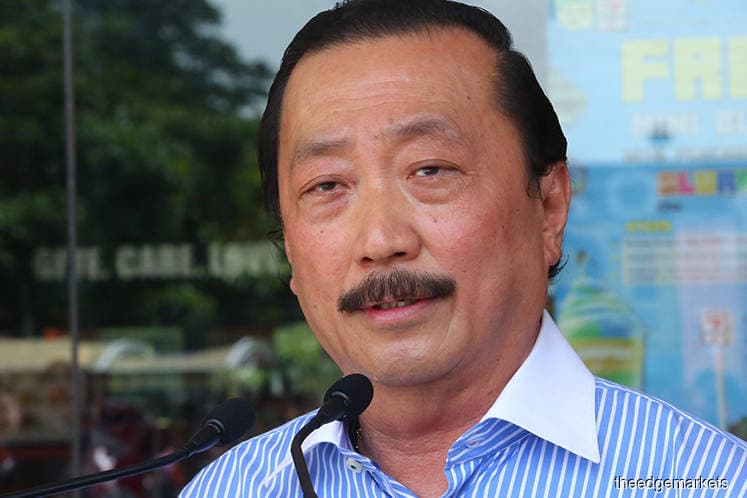
This article first appeared in The Edge Financial Daily on December 21, 2018
KUALA LUMPUR: The trading volume of Berjaya Corp Bhd’s (BCorp) shares spiked yesterday to 35.19 million shares compared with the counter’s average of 11.74 million shares this year, after its controlling shareholder and executive chairman Tan Sri Vincent Tan announced his plan to restructure his business empire.
The tycoon’s plans include him selling his 46% shareholding in 7-Eleven Malaysia Holdings Bhd to his flagship BCorp, which will then launch a takeover offer to buy out the remaining shares in the convenience store operator.
Tan told the media on Wednesday that 7-Eleven shares are largely undervalued. The stock has fallen below its initial public offering (IPO) price of RM1.38 when the company was relisted on Bursa Malaysia in May 2014.
He added that 7-Eleven should be worth more than US$1 billion (RM4.18 billion). Based on a market capitalisation of RM4.18 billion, this will translate into a per share price of RM3.70 — based on the convenience store operator’s share capital of 1.129 billion. That is nearly three times 7-Eleven’s closing price of RM1.28 yesterday.
If that is the price at which Tan intends to sell his block of 7-Eleven shares to BCorp, minority shareholders of the convenience store operator are in for a big windfall. But having to pay such a high premium may not go down well with BCorp’s minority shareholders.
For a peer-to-peer comparison, MyNews Holdings Bhd currently trades at a price-earnings (P/E) of 28.8 times, while 7-Eleven is trading at a P/E of 29.09 times.
According to Bloomberg, there are five research houses covering 7-Eleven, with three “hold” calls and two “sell” calls, with target prices ranging between RM1.15 to RM1.35, which is lower than the stock’s IPO price.
Tan also revealed on Wednesday that the group is in the midst of sealing a deal to sell its Four Seasons Hotel and Hotel Residences Kyoto for about US$700 million to US$800 million for a divestment gain of US$400 million.
This will result in BCorp having an expanded war chest to buy out 7-Eleven, after the sale of the hotel in Kyoto.
According to BCorp’s latest balance sheet ended July 31, 2018, the diversified group has net debts of RM4.18 billion, with cash and equivalents of RM1.62 billion, while borrowings totalled RM5.8 billion.
Tan, however, did not mention any intention to pare down BCorp’s borrowings.
What he did remark on instead was that the market has not given the decent valuation that BCorp deserves as a diversified conglomerate.
It is worth nothing that the Sime Darby group undertook a restructuring exercise just last year to break up the diversified conglomerate into three separate listed entities — namely Sime Darby Plantation Bhd, Sime Darby Property Bhd and Sime Darby Bhd — so that each of its business will be valued fairly. And such structure will offer investors direct exposure.
Tan seems to be doing the opposite by getting BCorp to buy out two listed entities — 7-Eleven and Berjaya Land Bhd (BLand).
BCorp may also be carving out the hotel assets from BLand, in which it controls a 70.32% stake, and to float the assets in Singapore, which, according to Tan, is one of the ideas the group is exploring. The news boosted BLand’s share price up three sen or 16.7% yesterday, to close at 21 sen.